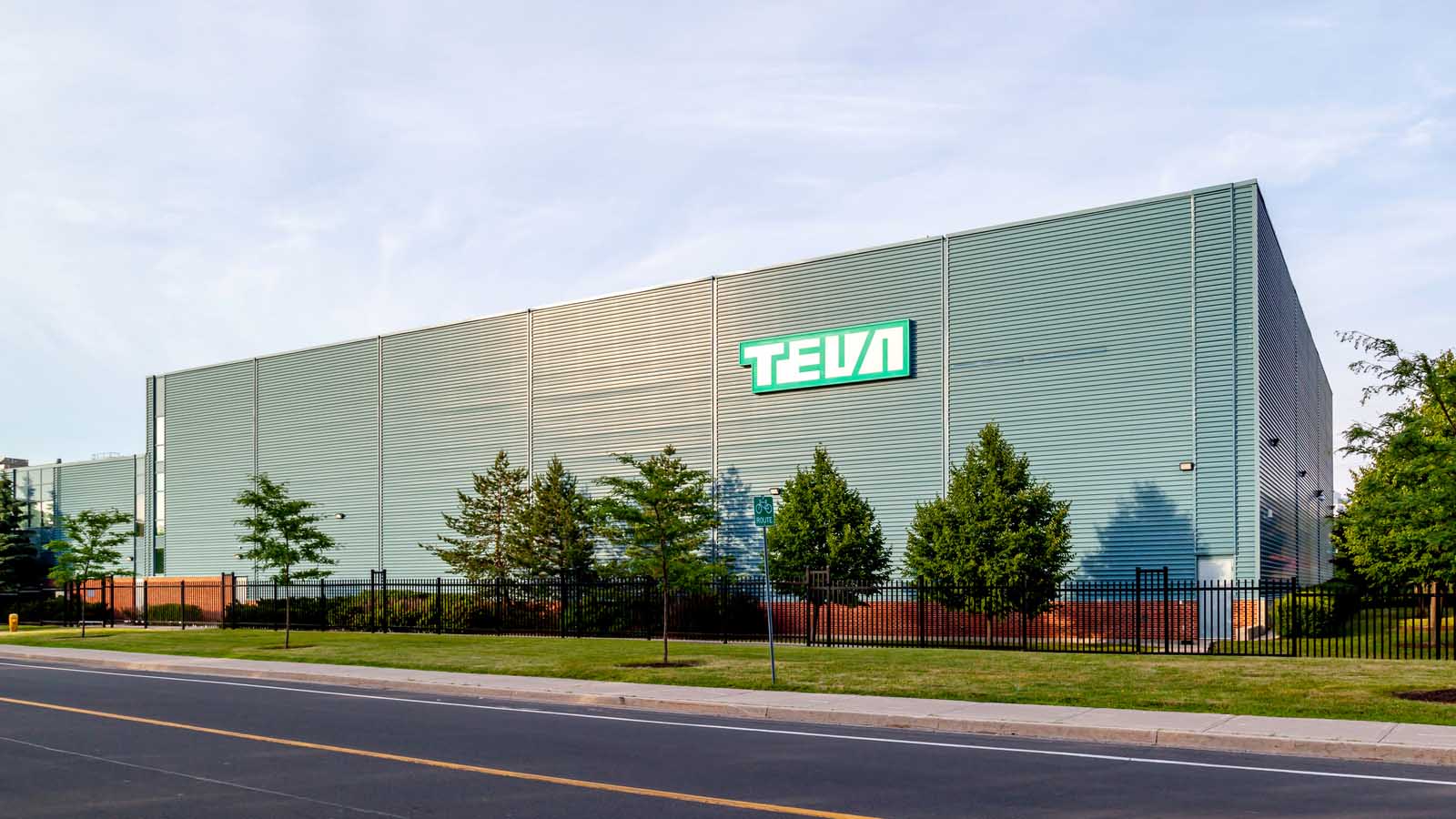In October, Teva Pharmaceuticals (NYSE:TEVA) stock hit a 20-year low, reaching about $6.50 per share. Keep in mind that in 2015 the stock price was $70.

Yes, it has been an absolute disaster. Teva, which was launched in Israel in 1901, was once seemingly invincible. Now the company is desperately trying to figure out how to stay viable.
There are certainly a myriad of reasons for why things have come to this. No doubt, TEVA has been under much pressure from the wrenching changes in the generic drug market, which has seen much more competition. This has been due to consolidation with large pharmacies, insurance companies and pharmacy-benefit managers like CVS Health (NYSE:CVS), UnitedHealth Group (NYSE:UNH) and Cigna (NYSE:CI).
It also does not help that TEVA has had to deal with the patent expiration of Copaxone, a blockbuster drug for multiple sclerosis. What’s more, the company had struck several acquisitions that fell well short of expectations, especially the $40.5 billion purchase of Actavis from Allergan (NYSE:AGN).
In other words, TEVA’s predicament is the result of managerial blunders as well as macro trends.
So what now? What can we expect from Teva stock?
There has been a nice bull move during the past few months, with the shares up 40% or so. Part of this has been a relief rally, driven by the overall bullishness in the markets. There are also some encouraging signs that TEVA may be able to settle some of its liability exposure for sales of opioids. This was because of a tentative agreement, joined by Johnson & Johnson (NYSE:JNJ) and other pharma companies, with numerous prosecutors. All in all, there would be a modest fine of $250 million and the provision for $23 billion in drugs for opioid addiction treatment.
However, the deal has yet to be finalized. For the most part, this could ultimately be a sign that there will be higher liability exposure.
According to InvestorPlace.com contributor Thomas Niel: “Investors have deluded themselves into thinking the opioid crisis is priced into shares. Pay a little fine, give out some suboxone, everything’s copacetic. But given how things are playing out, expect the worst until a new settlement proposal is on the table.”
In the meantime, TEVA also faces other legal risks. They include lawsuits regarding price-fixing and a federal criminal investigation.
Debt Time Bomb?
The legal issues are complicated and extensive. But they are aggravated by the heavy debt load for TEVA, which is about $27 billion. This compares to a market cap of about $10 billion or so.
To manage this debt, TEVA has been engaged in a major restructuring since late 2017. This has meant layoffs, optimization of the generics portfolio, rethinking of R&D programs and revamping of the manufacturing platform and supply chain. There was also the suspension of the dividend.
But such moves have generally run their course. So if there are unexpected legal liabilities — which seems very reasonable — this could worsen the situation with the debt.
Bottom Line On TEVA
It’s true that the latest earnings report from TEVA was encouraging. It does look like the main generics business is beginning to stabilize. As a result, cash flows continue to be sufficient for the existing obligations.
But again, there remains the wild card of litigation. This will likely be impacted with the uncertainty from the upcoming Presidential election, in which issues like drug costs and opioids will be top-of-mind.
Thus, in light of all this, it’s probably best to hold off an TEVA stock.
Tom Taulli is the author of the book, Artificial Intelligence Basics: A Non-Technical Introduction. Follow him on Twitter at @ttaulli. As of this writing, he did not hold a position in any of the aforementioned securities.
